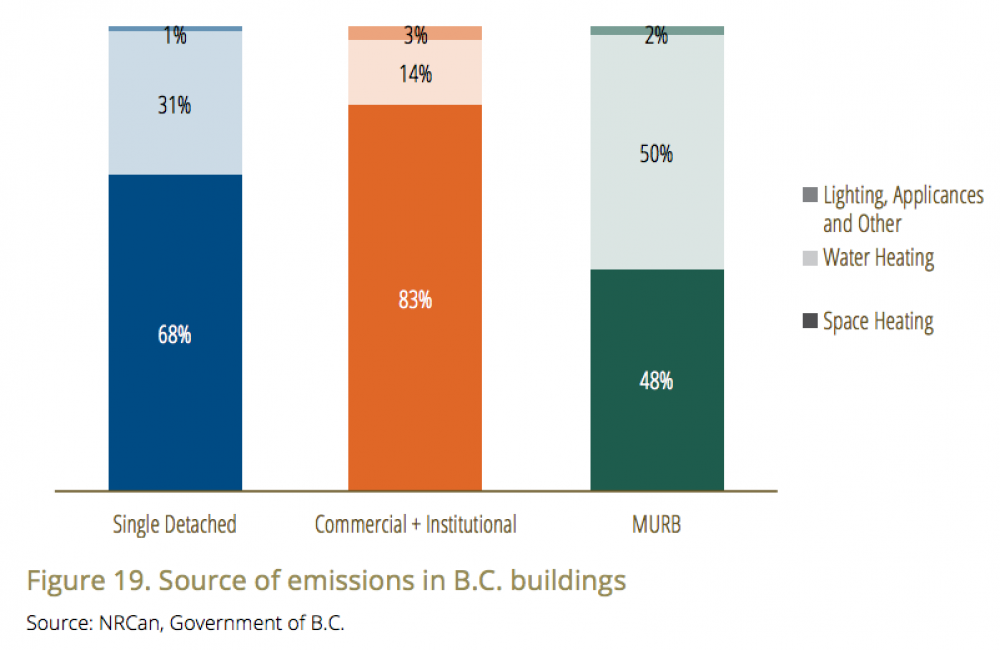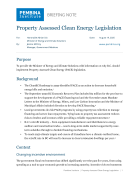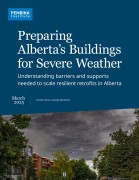In November 2016, the Pembina Institute hosted the Pathways to Net-Zero Buildings thought leader forum to accelerate policy development and market transformation for high-efficiency buildings. Over two days, 126 participants from 90 organizations with a stake in the building sector discussed the regulatory roadmap to net-zero ready new buildings in B.C., and how to accelerate deep energy retrofits in existing buildings.
Most participants were from B.C., with industry and government representation from Ontario, Alberta, the federal government, and the United States. Deep Emissions Reduction in the Existing Building Stock attempts to integrate perspectives shared to outline key elements of a retrofit policy for British Columbia, and, more broadly, for Canada.
The Pembina Institute’s recommendations are introduced throughout the report and summarized in Section 5. We propose that the building sector should aim to reduce greenhouse gas emissions from the operation of buildings by 40-50% below 2007 levels by 2030, and 80-100% by 2050. If we are successful in making net-zero ready the norm by 2032, these efficiency gains will contribute roughly a third of the emissions reductions needed.
The rest will have to come from the renovation of existing buildings. This can be achieved by retrofitting 3% of the building stock each year, and also converting half of these buildings from natural gas or oil to non-emitting heat sources such as electricity or low-carbon district energy systems.
The Pembina Institute wishes to thank TD and the Real Estate Foundation of B.C. for partnering with us to prepare and host this dialogue.
We would also like to thank BC Hydro, Sitka Foundation, Tides Canada, Ivey Foundation, Natural Resources Canada, MEC, North Growth Foundation, and The Atmospheric Fund for their generous support of the 2016 thought leader forum.









